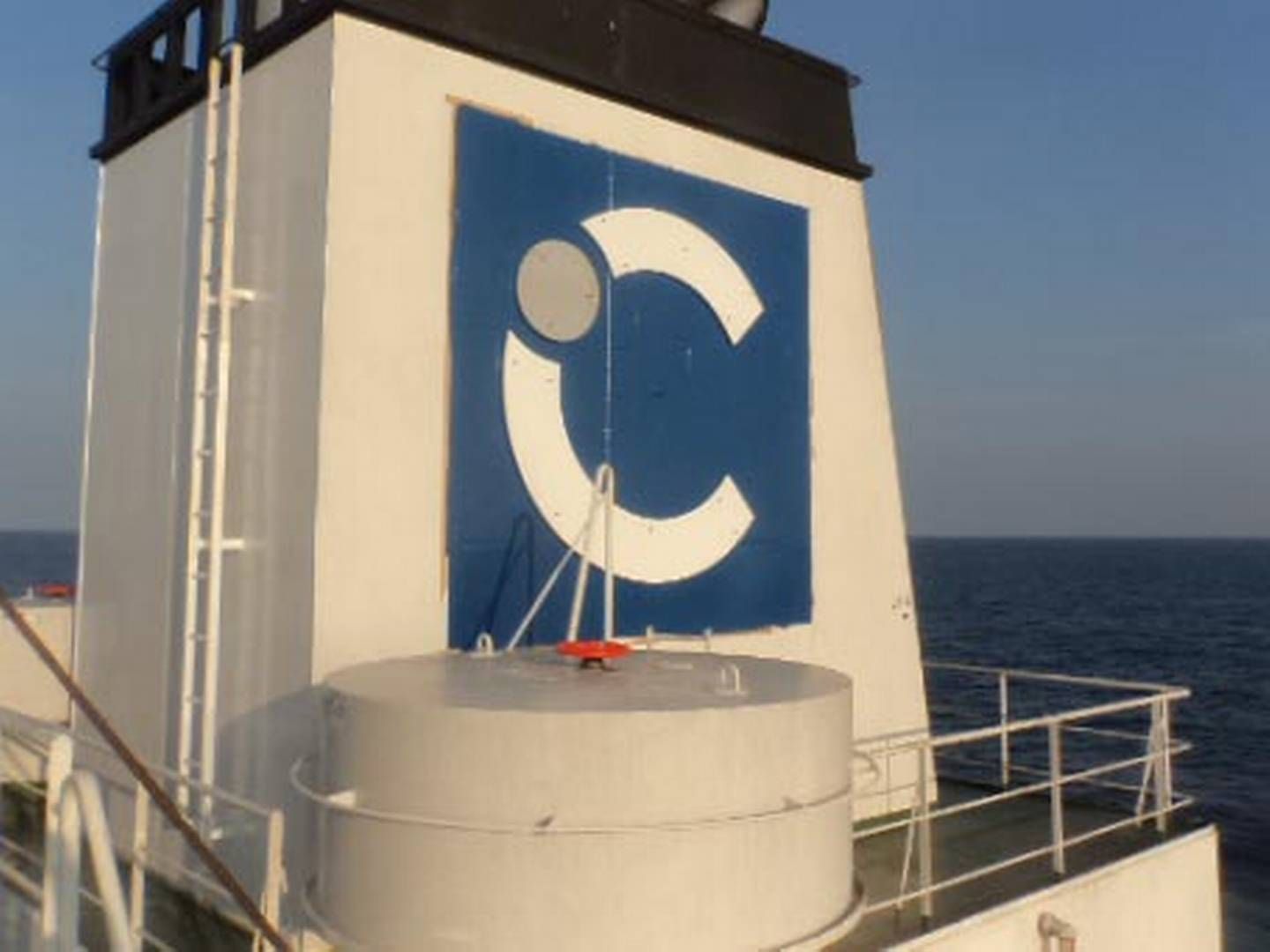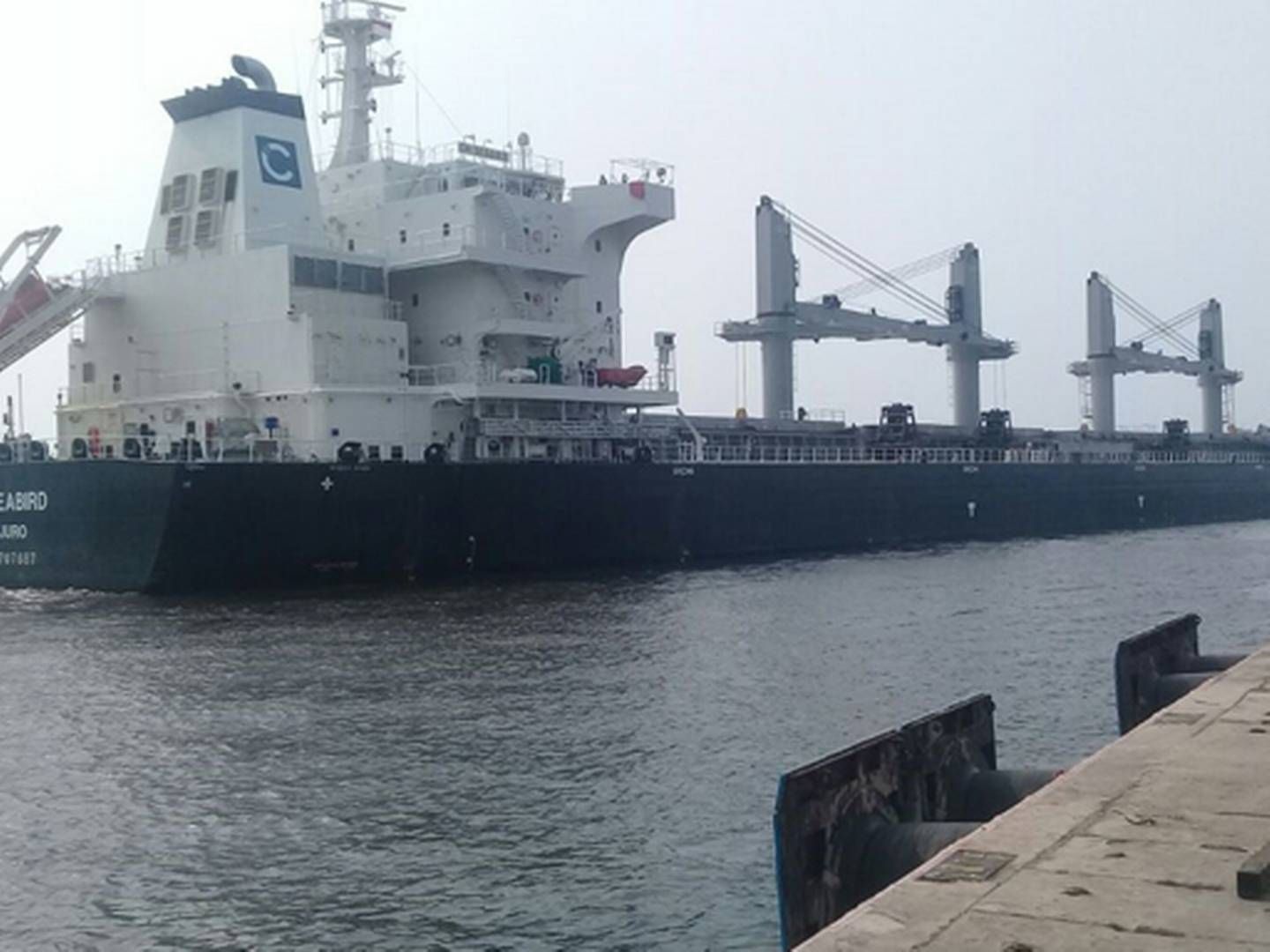Celsius' record investment is a 25-year bet on the gas market

It was almost destined to end with gas carriers for Jeppe Jensen, CEO and one of two partners in Celsius. Because the discreet Jeppe Jensen first helped lay the foundation for Maersk LNG and later Monaco-based Gaslog, and then he has what can best be described as a veneration for gas.
Celsius' most recent and, without comparison, biggest investment in two large LNG vessels with a aggregate value of approximately USD 374 million is the first in the segment, until then it had primarily focused on feeder, bulk, chemical tanker and product tanker. This is a completely different strategy than most, who believe that it is best to stick to and be really good at one segment.
"We have chosen to do things in a different way. We are using a lot of resources on analyzing markets, and then the crucial parameter, entry value, and we have entered that at the best possible time, so it has been a good business for us. Right now, the window is closed in some of the segments Celsius operates in, so timing is very important," he explains about the business from 2012 until today.
However, gas is something special and more sophisticated, he explains. Basically it is about having a qualified estimate of how the world market looks, not just today but also in 15 and 25 years.
Biggest investment ever
"Therefore, we have a lot of analysts on staff that assess our investments. In bulk and feeder, we entered at the bottom. Right now the yard prices are low, so we believe that the LNG vessel-order is also happening at the right time," he says to ShippingWatch.
The vessels are slightly larger than today's standard sizes and have a capacity of 180,000 cubic meters.
"It's a big investment and definitely the biggest investment for us ever, but we have ordered with faith in the market," he says.
Jeppe Jensen and Andreas Povlsen are both veteran Maersk staff, and together they own Celsius, furthermore, they each own half of the investment company Breakwater Capital in London.
The business model is simple, Celsius buys or has someone build ships that the company then leases to other carriers or operators. Some of the feeder vessels are allegedly leased to Maersk Line, however, Jensen does not wish to name any customers, nor is he willing to name the few investors with which the company has partnerships. The requirement is simply that the lease income should pay interest on invested capital as much as possible.
In terms of the gas carriers, Celsius should be able to give a serious estimate on gas consumption in 2045 as well. Trade patterns and the energy market as such.
Jensen's short version is that everything seems to point towards gas.
Asia will be the main driver
"Asia can take much more of the next five-seven years' consumption. China is in the process of converting coal-fired district heating power plants into gas. Much more gas has come into production. Carriers will also begin sailing on gas in connection with the upcoming environmental regulations. LNG is very much about how the world looks in 20 or 25 years. Several things point to a positive scenario. Gas is pure, and the estimation is that there is so much that it can cover 250 years of consumption," the CEO says.
Thus, he is also knowledgeable about the risk and unknown factors that may be associated with the future gas market. Thus far, transport of LNG has not been a very lucrative business.
There have been too many vessels relative to the amount of cargo needing transport, and the increase in consumption, which was foreseen a few years ago, is only just about to start. Celsius is far from the only player in the market, which is dominated by Japanese companies as well as Gaslog, which is one of the companies Jensen will have to compete with. So the market has to grow.
"Lately, we've been buying a bulk vessel once a week"
Like with oil, the US' production of shale gas has the potential to change trade patterns even more than they already have. Transporting large amounts of gas from the Gulf of Mexico to Asia makes all the difference, but only if rates are good.
Even though the investment had a record size, Celsius may have more gas-vessel orders underway.
"We are not entering the market to get two vessels," as Jensen puts it.
Right now, Celsius' fleet consists of approximately 50 vessels. The gas carriers will be allocated to Celsius Tankers in Monaco.
English Edit: Ida Jacobsen
Related articles
Celsius places USD 374 million order for LNG vessels
For subscribers
Celsius Shipping expands its fleet with feeder vessels
For subscribers
"Lately, we've been buying a bulk vessel once a week"
For subscribers



















